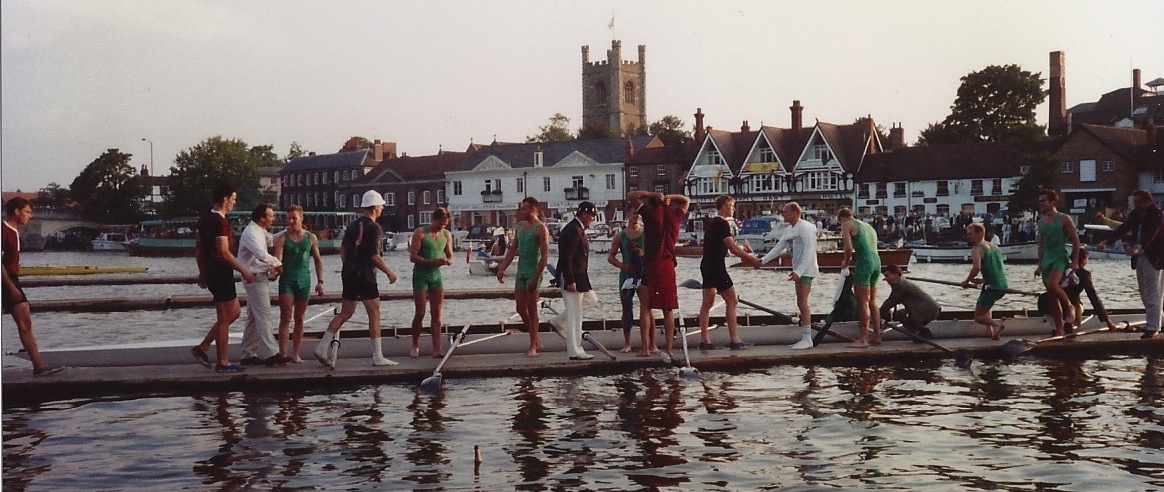A recurring theme in the development of sport is the role played by hoteliers and licensees in promoting new events in the hope of drumming up business. Thomas Coleman of the Turf Hotel in St Albans was instrumental in bringing steeplechasing to Great Britain from Ireland.
It was another hotelier, William Lynn, who established the race that was to become the Grand National. Born in 1792 at East Grinstead in Sussex, Lynn entered the catering trade in London, before moving to Liverpool where he leased the Waterloo Hotel in Ranelagh Street in the 1820s. He first became a benefactor of horse racing in 1828 when he provided the Waterloo Gold Cup for a flat race at Maghull.
The following year Lynn took out a lease on the neighbouring Aintree course and became secretary of the Aintree Racing Company – a post he held until 1843. A grandstand was erected and flat-race meeting staged before hurdle races were introduced in October 1835. Two of these races were won by Captain Martin Becher who was a previous winner of the Great St Albans Steeplechase. It was Becher who planted the idea of a great northern steeplechase at Aintree in Lynn’s mind.
The first Grand Liverpool steeplechase was held on leap year day, 29 February, 1836, and was won by Becher on The Duke. Contested over two circuits of Aintree’s two mile course, the event proved popular as spectators could follow most of the race from the grandstand unlike other steeplechases which were typically staged over point-to-point cross country courses.
The 1839 race is considered by racing historians to have been the first ‘Grand National’ although the race remained the Grand Liverpool until 1843 when it assumed the name of the Liverpool and National. The current name was adopted from 1847.
It was in the 1839 race that Becher attained immortality by being thrown by his mount Conrad into the brook that now bears his name where it crosses the course.
Lynne continued to run the Waterloo Hotel until 1870 when it was acquired by the Cheshire Lines Committee to make way for the development of Liverpool’s Central railway station. The Era of 31 July 1870, mourned the imminent loss “of one of the few buildings in Liverpool which is famous beyond our town”. Today the site, which is once again awaiting redevelopment as Central Village, stands over passengers traveling through Merseyrail’s Central Station.
Lynn died on 11 October 1870 at home in Norwood Lodge, Norwood Grove, West Derby, Liverpool in an area redeveloped in the late twentieth century. He is buried in St James Cemetery next to Liverpool Cathedral.
In addition to the Grand National, Lynn also inaugurated the Waterloo Cup: hare coursing’s premier event was staged at Great Altcar, around 15 miles north of Lynn’s hotel, between 1836 and 2005.



